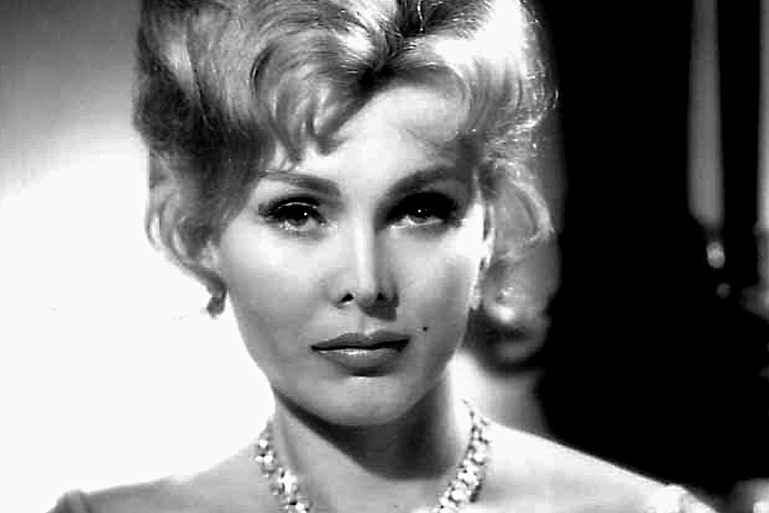
“Predicting the next smart financial move is probably as challenging for the average punter as finding a kangaroo in Canberra,” writes CLIVE WILLIAMS in a column of whimsy centred on economists – artists or scientists?
A study of economics usually reveals that the best time to buy anything was last year. – Marty Allen
In the grand theatre of economic predictions, economists often don the cape of omniscience, but despite their impressive mathematical models and graphs, they are clearly mere mortals with a talent for getting things wrong.
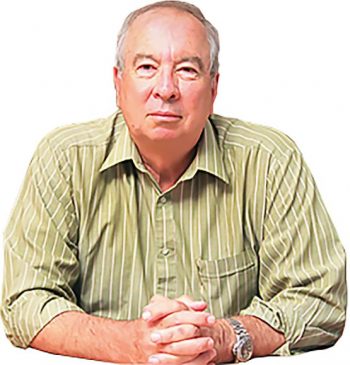
It used to be said at ANU that the economics lecturers didn’t need to change the economics exam questions, only the answers.
Remember the global financial crisis of 2007-2009? It was among the five worst financial crises the world has experienced and led to a loss of more than $US2 trillion from the global economy.
It was the most severe worldwide economic crisis since the Great Depression. Factors that caused it were predatory lending, excessive risk-taking by global financial institutions, a build-up of toxic assets within banks and the bursting of the US housing bubble.
Well, most economists didn’t see it coming. In the lead-up to the collapse, they were busy heralding an era of prosperity. Housing prices were supposed to keep going up, banks were deemed invincible and the phrase “too big to fail” was thrown around like confetti.
Yet, when the bubble burst, economists were left scratching their heads, wondering how their intricate models had failed to predict the impending economic Armageddon.
Then there was covid – again unexpected. The most common unforeseen economic impacts were increased internet shopping, a rise in home-based professional work and a decline in the need for commercial real estate.
Cryptocurrencies have provided yet another forum for economic misadventures. As Bitcoin soared to unimaginable heights, economists were left scratching their heads. One moment, they were dismissing cryptocurrencies as a passing fad; the next they were trying to wrap their minds around decentralised finance and blockchain technology.
The rise of generative AI and predictive AI are a newer example of economists being left in catch-up mode.
The next time economists confidently predict the future, we should recognise that, in the complex interplay of markets, human behaviour, and unforeseen events, there’s every chance of them getting it wrong.
Predicting the next smart financial move is probably as challenging for the average punter as finding a kangaroo in Canberra.
On a personal note, every time I’ve taken professional economic or financial advice, I’ve lost money. I’ve found the safest bet – for me at least – is to do my own research, then make my own financial decisions (this advice is general – consider if this advice is appropriate for you before acting on it!).
Anyway, on a lighter note, here is some sage economic advice:
The quickest way to make a million? Marry it. – Zsa Zsa Gabor
If you see a bandwagon (to jump on) it’s too late. – James Goldsmith
There are three ways of losing money: racing is the quickest, women the most pleasant and farming the most certain. – Lord Amherst
No one ever went broke underestimating the taste of the American public. – HL Mencken
The only function of economic forecasting is to make astrology look respectable.– JK Galbraith
My dog is worried about the economy because his dog food is up to 99 cents a can. That’s almost $7 in dog money. – Joe Weinstein
The quickest way to make a million in musical theatre is to start with two million. – Andrew Lloyd Webber
Gentlemen prefer bonds. – Andrew Mellon
I think it’s wrong that only one company makes the game Monopoly. – Steven Wright
There are two times in a man’s life when he should not speculate: when he can’t afford it and when he can. – Mark Twain
Elbert Gary [the reclusive CEO] of the United Steel Company never saw a blast furnace until after he was dead. – Benjamin Stolberg
Clive Williams is a Canberra columnist.
Who can be trusted?
In a world of spin and confusion, there’s never been a more important time to support independent journalism in Canberra.
If you trust our work online and want to enforce the power of independent voices, I invite you to make a small contribution.
Every dollar of support is invested back into our journalism to help keep citynews.com.au strong and free.
Thank you,
Ian Meikle, editor
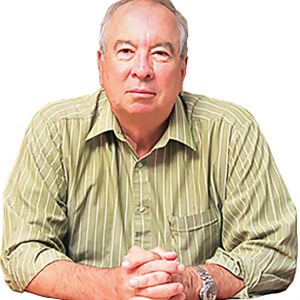
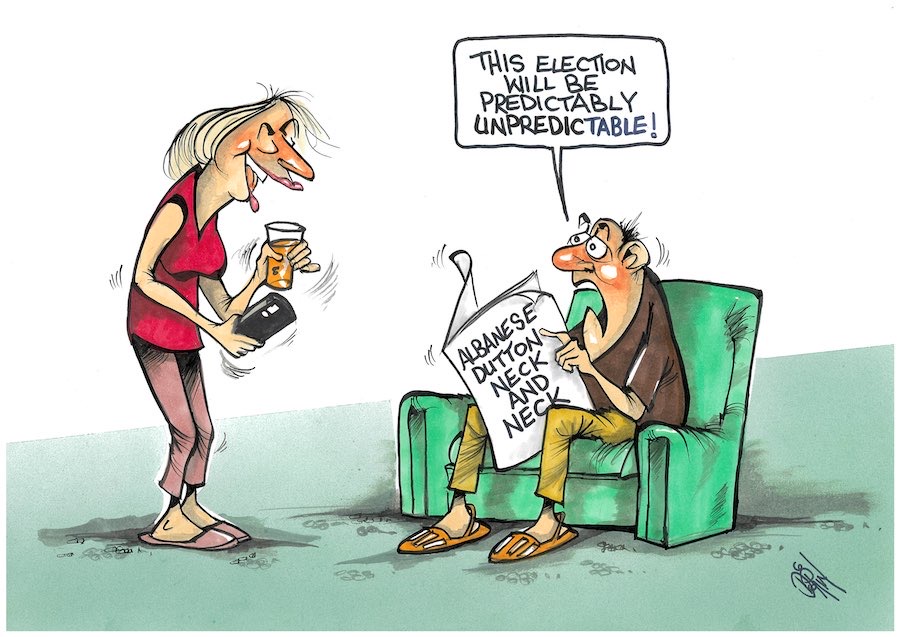
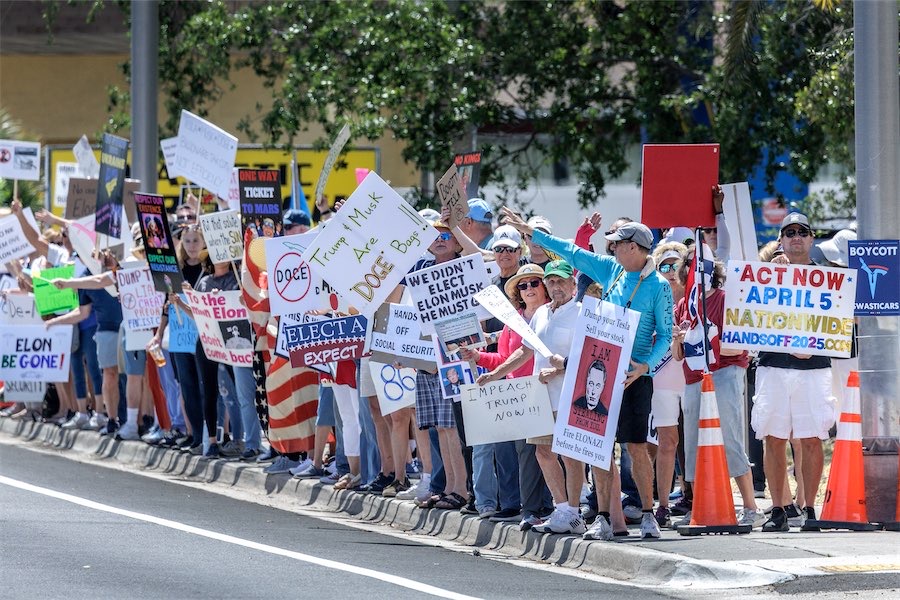
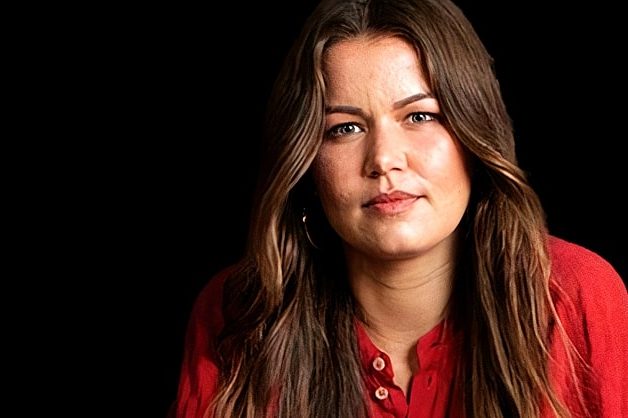





Leave a Reply